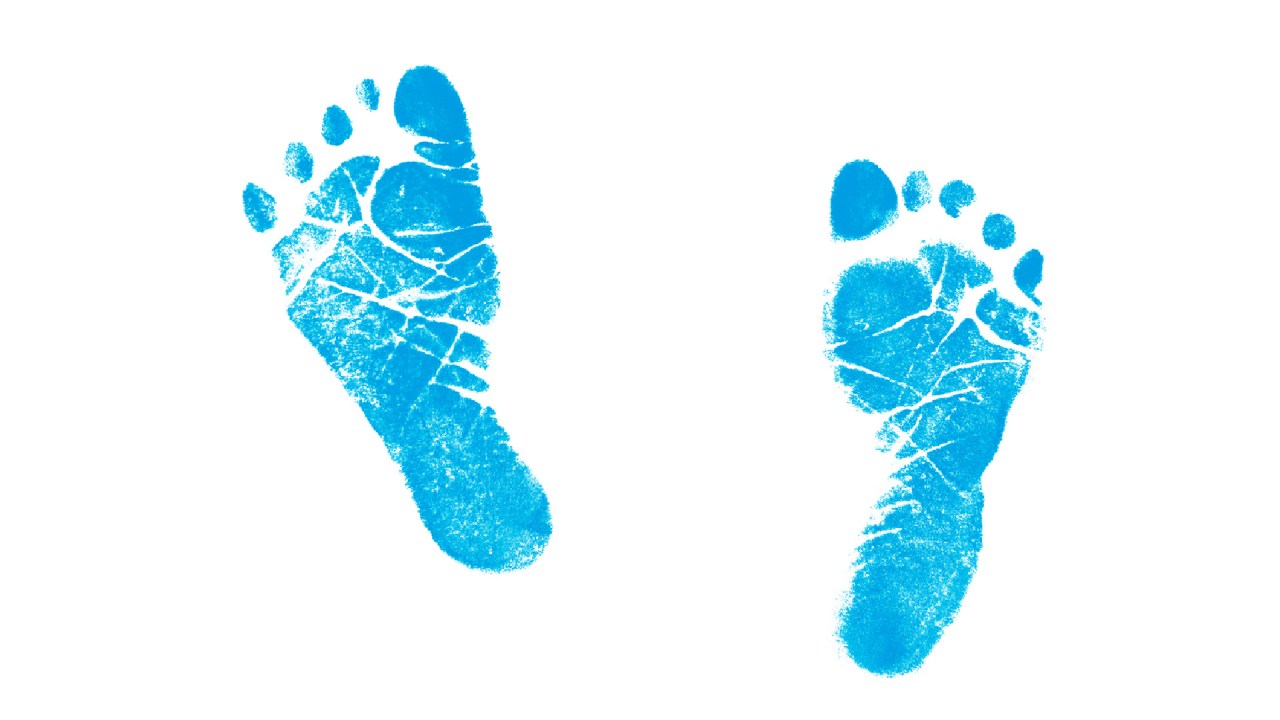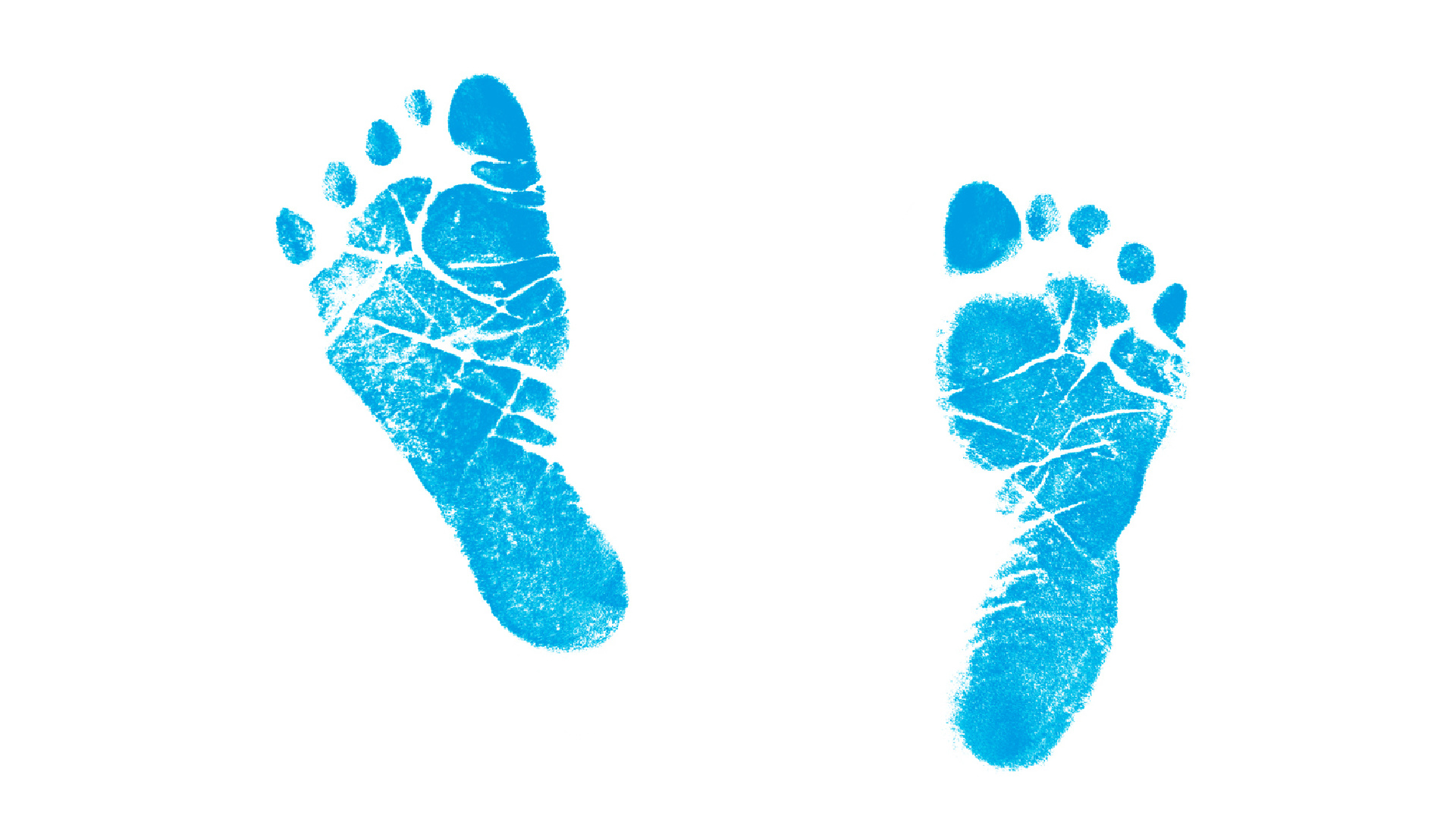I’ve always wanted children. Friends sometimes tease me about my broodiness, apparently uncommon among single 29-year-old men. But unless I’ve accidentally knocked someone up in the past few months, I’m going to be an older parent than mine were by the time they had me. I suppose that’s normal. The average age at which couples start a family has risen consistently since the mid-1970s.
I’m told not to worry: look at Mick Jagger, whose youngest child was born when he was 73. Men don’t suffer from the same biological restraints as women. One acquaintance insists rather admirably that she’s going to have children by 25, regardless of the consequences. She also insisted on smelling me to test my pheromones and, therefore, our compatibility.
Even without the sniffing, she’s an unusual young professional. Our cohort tends to have children later, if at all. Every university friend bar one has chosen to focus on their career rather than having kids. Child-rearing is seen as something done by grown-ups; my friends and I, on the cusp of our thirties and still living in shared rentals, do not feel like adults.
In 2020, more than half of British women were childless by the time they reached their 30th birthday, a demographic first. Perhaps that’s why Superdrug reported this week that sales of its at-home fertility tests have tripled since December.
Aware of my desire for children, a colleague decided to send me to the Fertility Show, held at Olympia London. It’s a trade fair for those finding it hard to conceive, where teal seems to be the unofficial colour of reproduction. IVF clinicians, donor agency workers and even nutritionists stood in front of teal hoardings handing out teal pens. They sat on teal sofas chatting through fertility plans with women in white, teal-inflected trainers.









Comments
Join the debate for just £1 a month
Be part of the conversation with other Spectator readers by getting your first three months for £3.
UNLOCK ACCESS Just £1 a monthAlready a subscriber? Log in